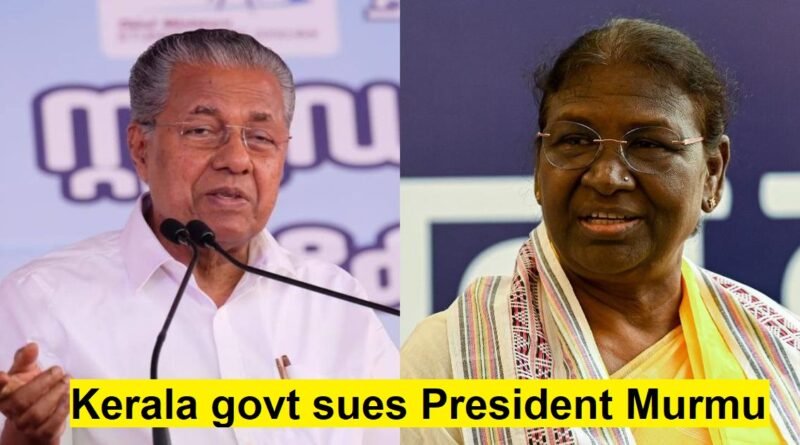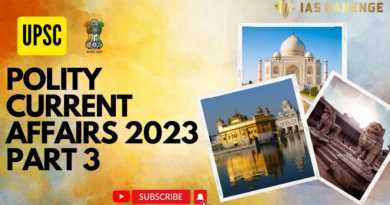Kerala challenges withholding of Presidential assent to State bills in Supreme Court |IAS Banenge
Context:
- In an unprecedented move, the Kerala Government on March 23 filed an appeal in the Supreme Court as President Droupadi Murmu has withheld assent for four Bills passed by the Kerala Legislature without disclosing any reasons.
More on news:
- It has also moved the Court against Kerala Governor Arif Mohammed Khan’s office for keeping the Bills pending for a long and indefinite period, and later reserving them for the consideration of the President.
- The act of the President in withholding the assent for the four Bills without giving any reason was highly arbitrary and in violation of Articles 14, 200 and 201 of the Constitution.
- The reference of the seven Bills to the President has to be recalled on the grounds of Constitutional morality.
READ MORE – About World Inequality Lab | Ias Banenge
What do the 4 Bills propose?
The Kerala Co-operative Societies (Amendment) Bill, 2022 has provisions allowing voting rights for nominated members of Kerala Co-operative Milk Marketing Federation (MILMA). Governor Khan was of the view that it was “undemocratic” to give voting rights to nominated members, who are not engaged in the dairy sector. The other three Bills are pertaining to the universities in Kerala. They were aimed at removing the Governor as Chancellor of the universities in the state. These Bills were envisaged to grant power to the state government to appoint eminent academicians as chancellors of the universities.
State Government’s views:
- The State contends that the actions of the Union Government in advising the President to withhold assent to Bills passed by the Legislative Assembly 11 to 24 months back, which were wholly within the domain of the State Government, subverted and disrupted the federal structure of the Constitution.
- It was also a grave encroachment into the domain entrusted to the State under the Constitution.
Reservation of Bills under Article 201:
Article 201 (Bills reserved for consideration)
- When a Bill is reserved by a Governor for the consideration of the President, the President shall declare either that he assents to the Bill or that he withholds assent therefrom.
- Notably, there is no specified timeframe for the President to decide on the Bill’s outcome.
- Provided that, where the Bill is not a Money Bill, the President may direct the Governor to return the Bill to the House or, as the case may be, the Houses of the Legislature of the State together with such a message as is mentioned in the first provision to Article 200.
- When a Bill is so returned, the House or Houses shall reconsider it accordingly within a period of six months from the date of receipt of such message and, if it is again passed by the House or Houses with or without amendment, it shall be presented again to the President for his consideration.
Source- Indian Express




